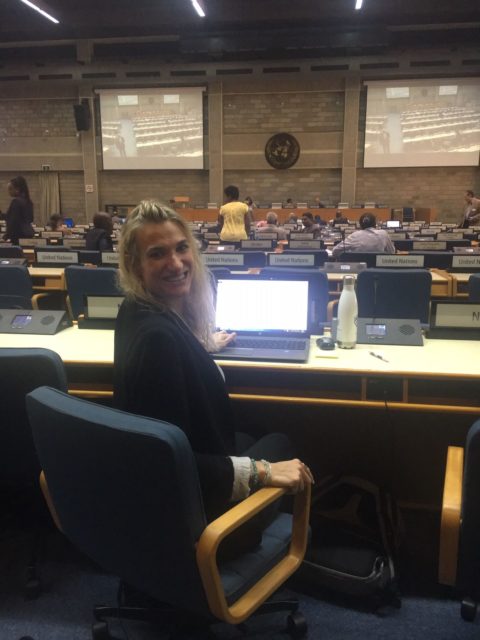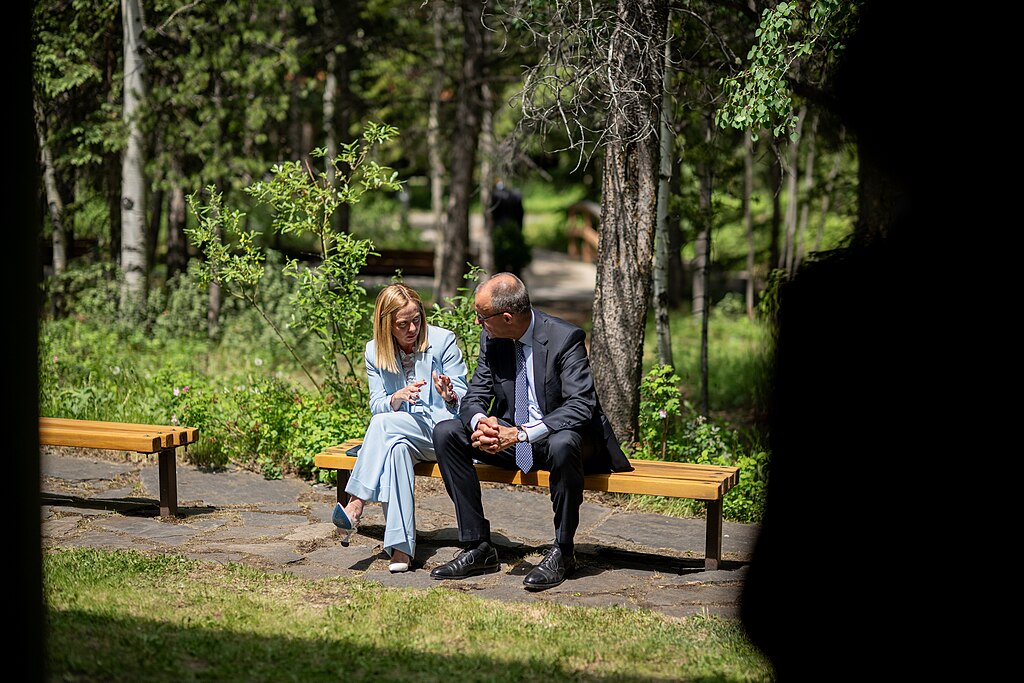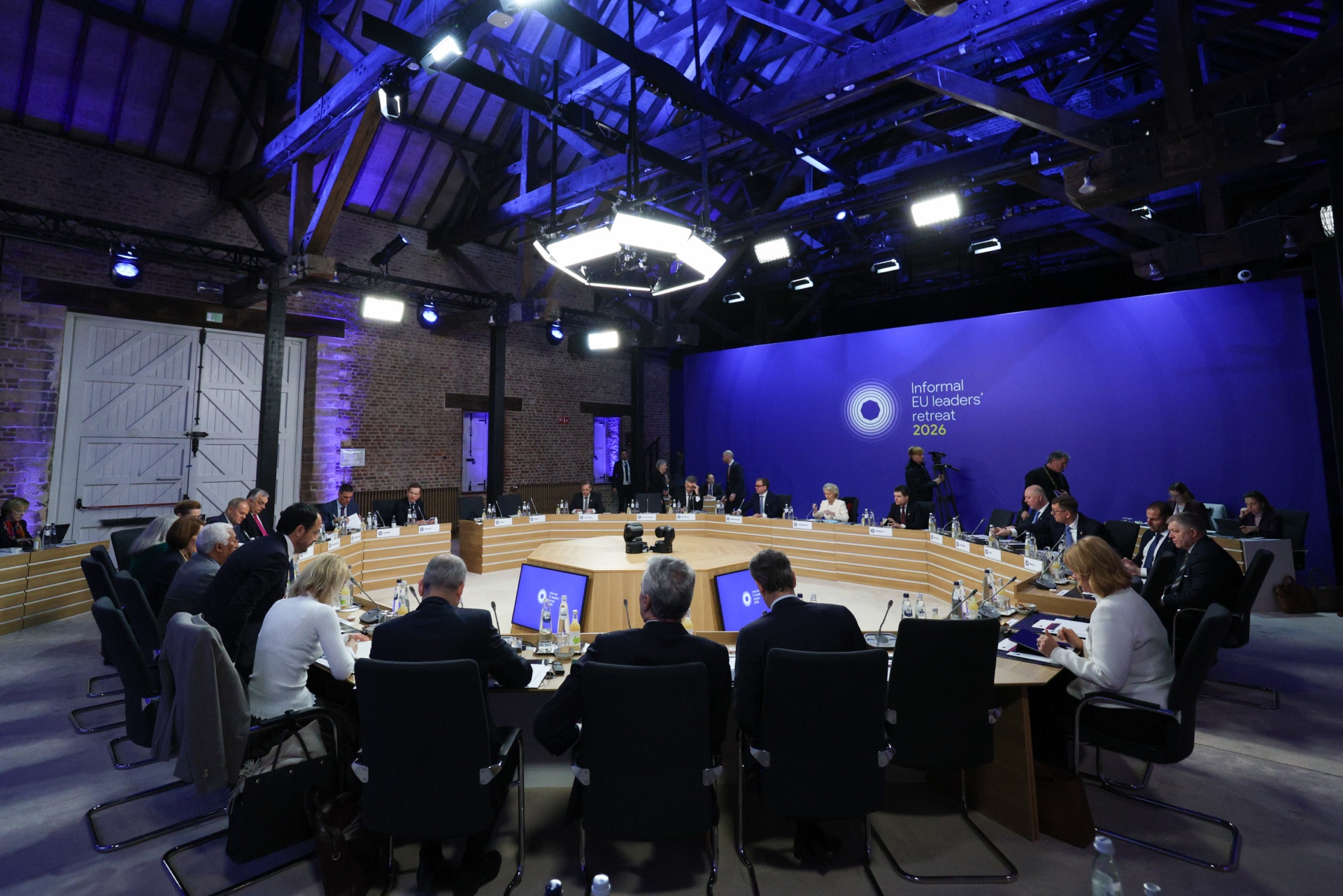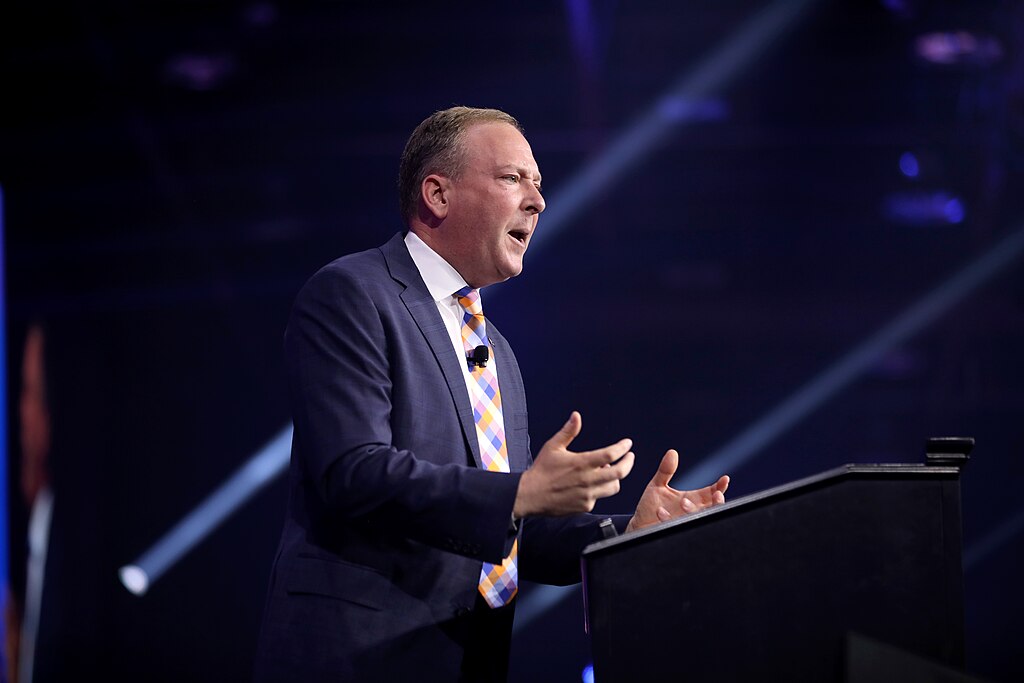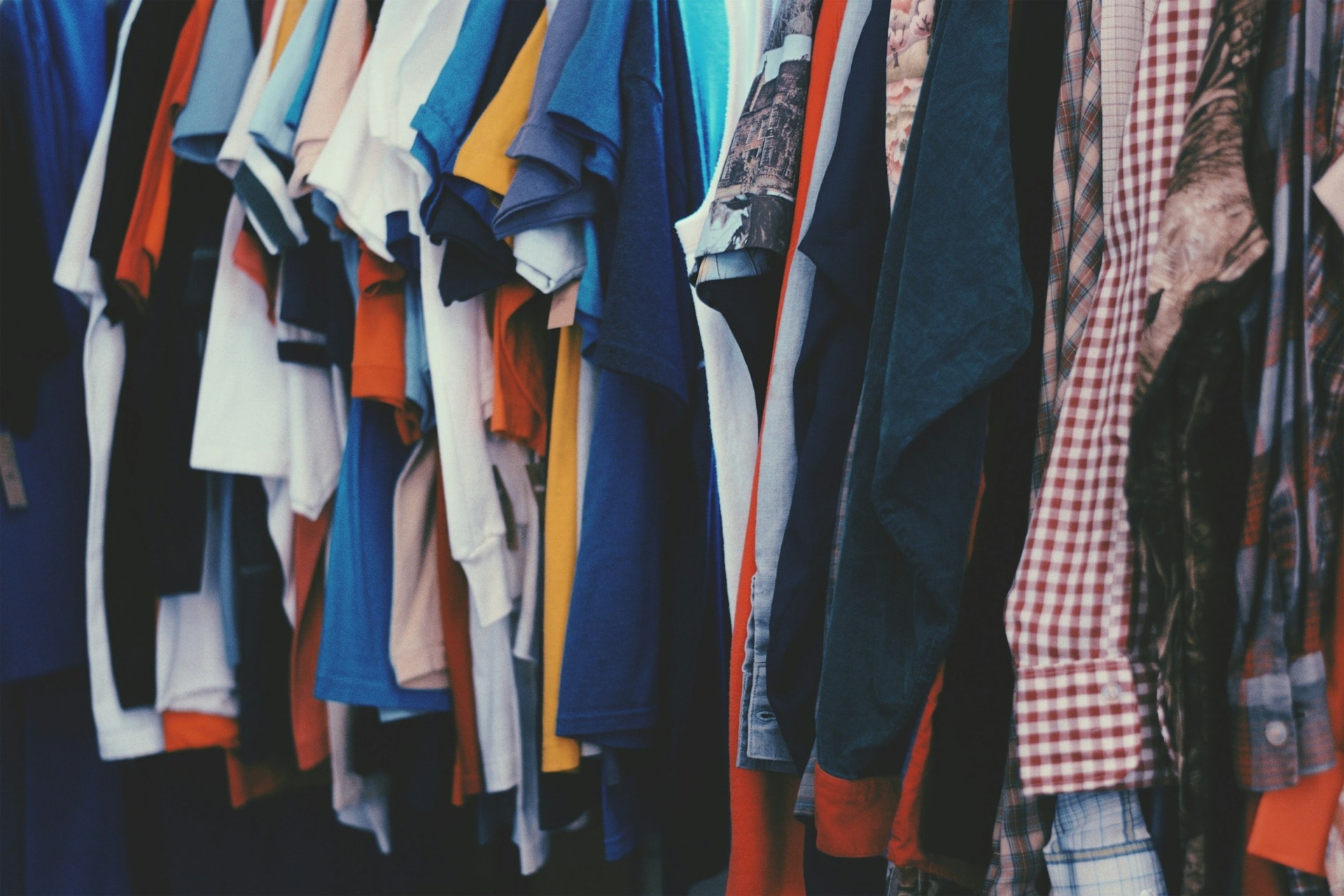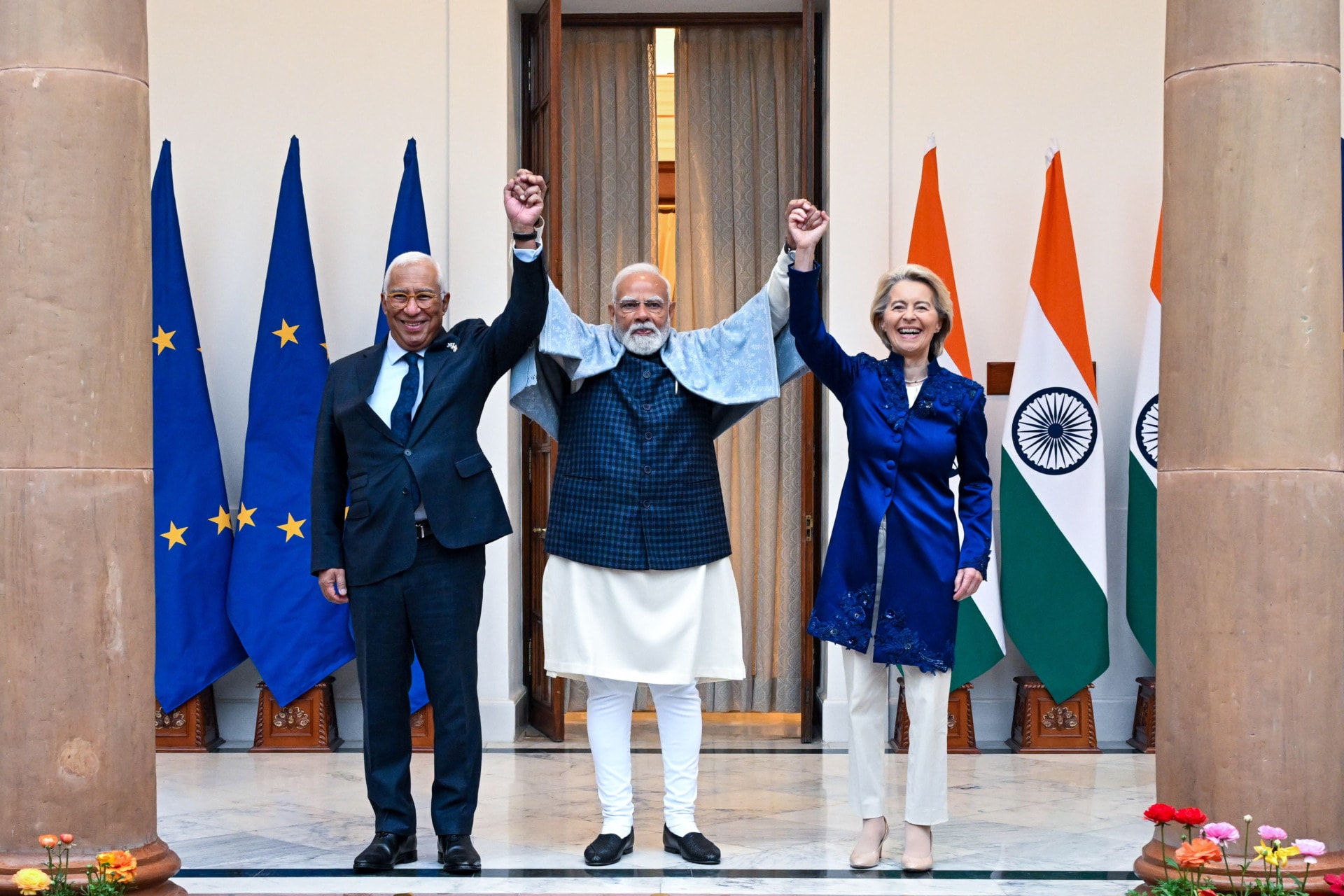The Impakter team, deeply saddened by the tragic loss of lives in the airplane crash near Addis Ababa, joins the Secretary-General of the United Nations in conveying their heartfelt sympathies and solidarity to the victims’ families and loved ones, including those of United Nations staff members, as well as sincere condolences to the Government and People of Ethiopia.
OceanCare would also like to pay tribute to their dear friend and colleague Joanna Toole, who lost her life in the airplane crash. The OceanCare team is deeply shocked and heartbroken by the death of their talented young colleague, as well as by the deaths of the numerous other victims. Their hearts go out to all of the families and friends who lost their loved ones. The world is a poorer place without them.
Editor’s Note: The world’s governments are gathered in Nairobi from the 11-15 March 2019 for the annual UN Environment Assembly (UNEA). Fabienne McLellan, the Director of International Relations at OceanCare, answers some questions regarding OceanCare’s research and campaigns. She also tells of her experience at the 4th annual UNEA as well as her opinion of the UN Sustainable Development Goals (SDGs).
Fabienne McLellan holds a Bachelor of Science in Communication from the University of Applied Sciences in Zurich and a Masters Degree in Environmental Science and Sustainability from Monash University in Melbourne. A passionate surfer, Fabienne McLellan is addicted to the sea. There is nowhere she feels closer to nature than on her surfboard. Sometimes she encounters marine wildlife while surfing, such as when a pod of porpoises passes by and she feels truly blessed. However other times she experiences the reality of the marine plastic debris problem first-hand. Plastic pollution is an issue particularly close to Fabienne’s heart and whenever she is out on her surfboard catching waves, she also makes time to engage in beach clean-ups.
Could you give some background information regarding OceanCare? How did the organisation get started?
Fabienne McLellan: OceanCare is a Swiss non-profit organisation. The organisation was founded in 1989 with a strong commitment to realistic and cooperative initiatives, working in marine pollution, environmental changes, fisheries, whaling, sealing, captivity of marine mammals and public education, at both national and international levels. OceanCare’s work remains rooted in science and much of the policy work the organisation undertakes communicates such to policy-makers and the general public.
OceanCare has held Special Consultative Status with the Economic and Social Council of the United Nations (ECOSOC) since 2011 and has been a partner of the General Fisheries Commission for the Mediterranean (GFCM) since 2016. OceanCare entered into a partnership with the Convention on Migratory Species (CMS) in 2015, and has been a partner to the UNEP/CMS Agreement on the Conservation of Cetaceans in the Black Sea, Mediterranean Sea and Contiguous Atlantic Area (ACCOBAMS) since 2004. In 2015, OceanCare was accredited as a Major Group to the United Nations Environment Assembly (UNEA) and is a part of the UNEP Global Partnership on Marine Litter.
How are you working to conserve marine life? What steps have you taken thus far?
FM: Our work is based upon four pillars: policy work in international forums, research, campaigns and environmental education. Below, I will illustrate this with our work regarding plastic pollution in the oceans:
Strategy on Plastic Pollution:
OceanCare is working toward the adoption of concrete measures against marine plastic pollution on the part of international institutions, as well as the prevention of plastic from continuing to enter the oceans. We also engage in environmental education to change consumer behavior, aiming to reduce plastic consumption, facilitate beach cleanings and support the rescuing of whales, seals, turtles and dolphins entangled in plastic debris. The organisation also carries out field research on micro- and macro- plastics in the Mediterranean Sea.
Advocacy
OceanCare is familiar with the actors and rules of all international agreements related to marine conservation. We cooperate closely with partner organisations and leading scientists, while enjoying the trust of numerous political decision-makers due to our expertise and solution-oriented strategies.
Work at the UN Level
- At the UN level, we requested that the four most toxic chemicals used to produce plastics be classified and phased out at the UNCLOS ICP Meeting in 2016.
- At UNEA4, in line with the #breakfreefromplastic’s strategy, we are advocating the establishment of an association dedicated to the adoption of prompt measures against marine plastic pollution, as well as the organisation of a legally binding global convention.
- In 2016, we submitted voluntary commitments under the Agenda 2030, including working towards plastic free oceans. #OceanAction16050
EU Consultations
OceanCare actively participates in various EU consultations. In 2018, we participated in the public consultations regarding single use plastic and the circular economy, as well as the eco-labelling of washing machines and dryers, in which we requested filters to prevent microfibers from entering into waterways.
Rescue
OceanCare has teamed up with dedicated animal rescue experts around the world to support the emergency rescue of marine life, as well as capacity building efforts and the exchange of knowledge among experts.
Beach Cleanings
OceanCare supports the various beach cleaning activities of its partner organisations, including Trash Hero in South East Asia, Archipelagos in Greece, Ondine in Spain, etc. In Sicily, where our own research project has established contacts to the local community, OceanCare has intensified beach cleaning activities and events aimed at spreading awareness to Sicilians.
Research on micro-and macro-plastic in the Mediterranean Sea
OceanCare investigates the level of surface water containing plastic pollution at its research facilites in Sicily. Macro-plastic samples are examined visually during research trips, while micro-plastic samples are collected with a special net and then sent off to a specialized laboratory for the analysis of the number, size and chemical composition of the micro-plastic particles.
A study by a number of Spanish scientists found that the Mediterranean Sea could be considered the 6th Gyre. The authors called it a “great accumulation zone of plastic debris” due to a high human presence along with the hydrodynamics of a semi-enclosed basin, which acts as a trap for the floating plastic debris. The Spanish team of scientists estimates that between 1,000 and 3,000 tons of plastic debris are currently floating in the Mediterranean Sea. The Balearic Islands, especially in the North, are one of many plastic debris hotspots. Not all of the waste is generated on the islands themselves, however, as sea currents carry the floating debris into accumulation zones.
Research on Micro-plastics in Fish and Invertebrates:
To understand the contamination levels of micro-plastics in commercially used fish, crustaceans and squid, our scientists carried out a small sample study in the Ligurian Sea near Viareggio, Italy. Although the samples were small, they are highly likely to be representative on a more global scale. Six different species were considered and 5 samples from the gastrointestinal tract were taken and subsequently analyzed in a lab in Germany. A preliminary analysis showed that out of 28 total samples, 57% of the samples contained micro-plastics, and more than half of the studied dream-fish, common cuttlefish, mantis shrimp and striped prawns were burdened with micro-plastics. These results are concerning, given that micro-plastics affected all sampled species and in some cases the proportion of burdened marine life was high. Despite relatively small sample sizes, these results are comparable with other areas in the Mediterranean sea.
Raising Awareness and Behavioral Change Campaign:
No measures or technologies are currently available to remove plastic debris from the oceans without exacerbating harm to marine habitats. The most effective solution as of today is to reexamine our use of plastic. Raising awareness about the prevention of single use plastic from entering the oceans in the first place is therefore of key importance. OceanCare does various environmental education activities and runs a behavioral change campaign called “I Care“.
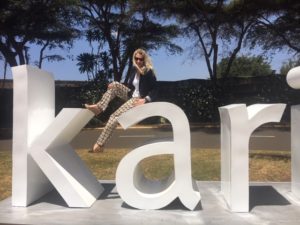
Could you talk about some of the research OceanCare has conducted? Where did the research take place and what was accomplished?
FM: We recently issued a report regarding the impact of ocean noise pollution on fish and invertebrates, in which Dr. Lindy Weilgart, Adjunct Research Associate at Dalhousie University and Expert at OceanCare, gave an overview of some these anthropogenic effects. She reviewed 115 primary studies, including various human-produced underwater noise sources, 66 species of fish and 36 species of invertebrates. The findings were alarming.
She highlighted the following impacts on development: body malformations, an increase in the number of eggs and immature mortality. In regard to anatomy, the results were the following: internal injuries, which could cause disorientation and even death; temporary or permanent hearing loss and hearing damage, which could cause stress and therefore further damage to the immune system and reproductivity; and DNA and physiology changes. Behavior changes, including aggression, flight reactions, reduced communication and foraging were also affected. Lastly, zooplankton were particularly impacted, as they suffered from high mortality rates in the presence of noise.
Could you also talk a little bit about OceanCare’s Umbrella of the Silent Oceans Campaign?
FM: Since 2002, OceanCare has taken targeted steps under the Umbrella of the Silent Oceans Campaign to curb the increasing underwater noise pollution caused by the navy, the oil and gas industries, and overseas shipping. OceanCare was particularly contributed to protecting marine mammals from intense underwater noise in the Mediterranean Sea.
You are currently at the 4th UN Environmental Assembly (UNEA) in Nairobi, Kenya. Could you talk a little bit about that? How has it been so far? What is OceanCare bringing to the assembly in terms of ideas, innovative solutions, etc?
FM: Our experience at the 4th UNEA has been exceptional. There is so much going on, with so many people from all walks of life and so many experts from around the globe taking part in it. With so many interesting side events and sessions going on, it certainly has been hectic at times, but I think we have managed well. There is no doubt that we expected a more favourable outcome on the Single-Use Plastic (SUP) and marine plastic litter resolution, but in light of the overwhelming expression of support by a majority of the negotiating parties, particularly the European Union, we remain optimistic towards UNEA’s future endeavors in tackling plastic pollution.
OceanCare, as part of a larger NGO coalition, has encouraged parties to adopt a full lifecycle approach to the problem of plastic pollution and has emphasized the importance of phasing-out strategies, as well as the need for a stronger global governance. Unfortunately, countries were unable to forge agreements on adopting phasing-out strategies, yet we feel that there is a foundation in place as well as broad support for efforts to continue. We are hopeful that these strategies will find their way into the UNEA in the future.
On that note, what is your opinion of the UN Sustainable Development Goals (SDGs), and in particular SDGs 13 (Climate Action) and 14 (Life Below Water)? How is OceanCare striving to make these goals a reality?
FM: OceanCare welcomes SDG 14 as a means to conserve and sustainably make use of the world’s oceans. We also advocate for urgent action to be taken by all stakeholders in order to ensure the achievement of SDG 14’s various sub-targets. Increased consideration of the socioeconomic and cultural benefits of marine habitat protection is strongly encouraged, as well as the interconnectedness between SDG 14 and the other SDGs, particularly with regard to the wide range of ecosystem services that humans derive from the ocean.
Editor’s Picks — Related Articles:
 “The Ocean Cleanup: Cleansing Our Oceans From Our Plastic Sins”
“The Ocean Cleanup: Cleansing Our Oceans From Our Plastic Sins”
 “Our Ocean, Our Future: global action to achieve SDG 14”
“Our Ocean, Our Future: global action to achieve SDG 14”
As such, the SDGs with their respective targets and indicators provide the respective, internationally accepted framework for the conservation and sustainable use of the oceans and are therefore the overarching guiding framework that will help shape international development plans until the year 2030. Conservation and sustainable development are intrinsically linked and OceanCare is working with partners on a case-by-case basis to define and advocate for solutions that benefit both local communities and marine life.
OceanCare has submitted the following voluntary commitments under the 2030 Agenda:
- Working through research, conservation projections, campaigns and education to improve the situation for wildlife in the world’s oceans: #OceanAction16022
- Informing global policies to reduce ocean noise for the benefit of marine life protection and the sustainability of global fisheries: #OceanAction16030
- Working towards plastic free oceans: #OceanAction16050
- Addressing the causes of aquatic wild meat for sustainable development: #OceanAction16046
- Securing protection for the oceans giants: #OceanAction16054





